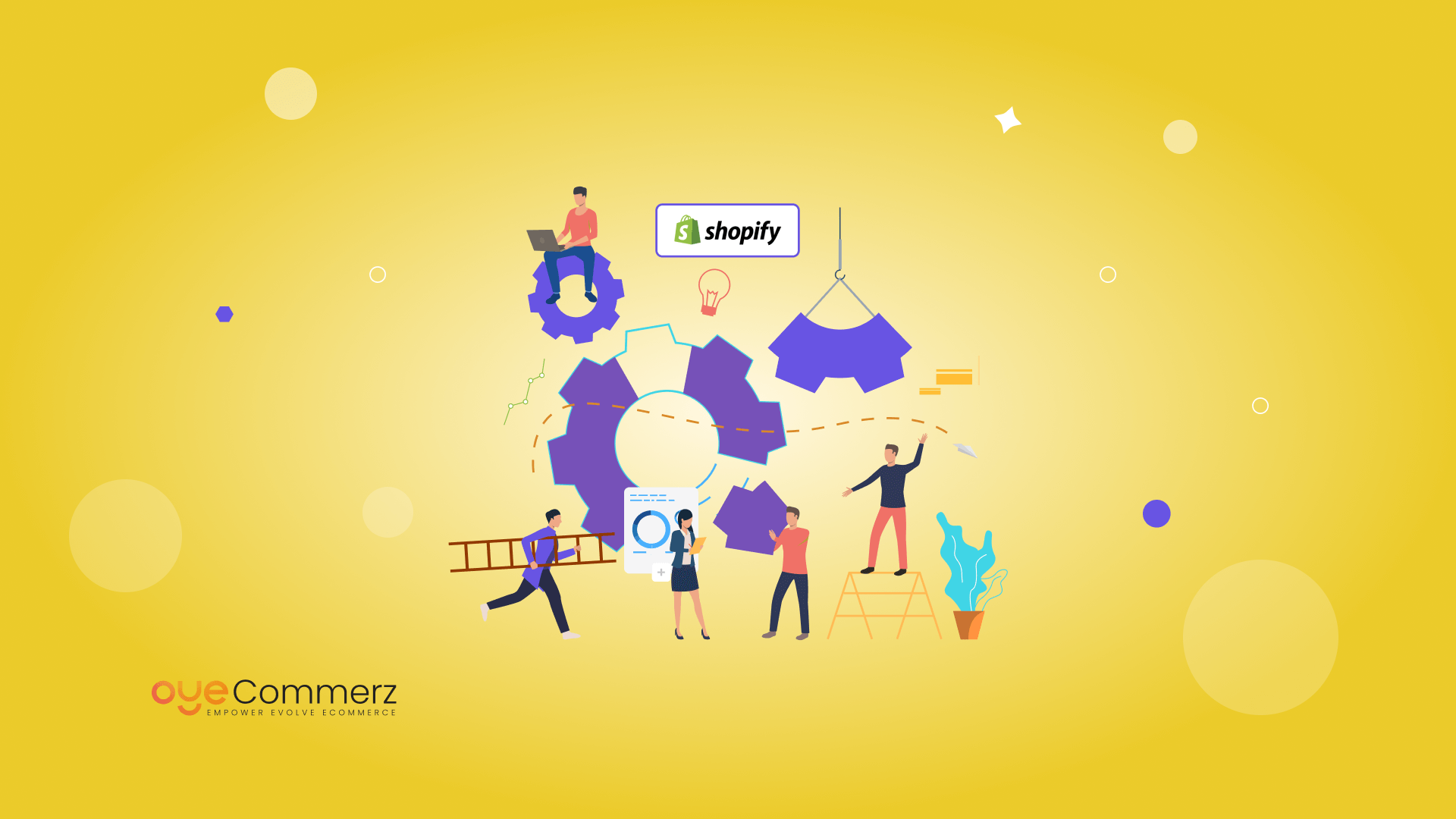Overview
In today’s competitive e-commerce landscape, standing out is paramount, and one of the best ways to differentiate a Shopify store is through custom app development. A robust Shopify app can enhance store functionality, streamline operations, and boost customer engagement. This guide explores essential elements of Shopify app development, from API integration to scaling strategies and promotion methods, providing a roadmap for businesses seeking unmatched store performance.
Why Shopify API Integration Matters
Shopify’s API provides powerful tools to personalize and extend store capabilities. With GraphQL and REST APIs, developers can retrieve information to create apps that manage inventory management, order processing, and customer data management seamlessly. Using Shopify’s API can enable improved workflow automation and allows stores to serve customers more efficiently.
Adopting the Polaris Design System
Polaris is Shopify's set of design guidelines for designing user-friendly and accessible Shopify apps. By adhering to Polaris guidelines, developers ensure that apps integrate smoothly within the Shopify Admin interface. This ensures a cohesive appearance that resonates with Shopify merchants, promoting ease of use and comfort for merchants using your custom app.
Understanding the Shopify App Ecosystem
The Shopify app ecosystem offers endless possibilities for improving online stores. From managing fulfillment processes to boosting customer interaction, apps in this environment are tailored to meet various business needs. Learning about this system helps developers in finding unique app ideas and enables seamless integration of third-party services that enhance the store.
Building Embedded Shopify Apps
Embedded apps integrate directly within the Shopify Admin, allowing a seamless experience for merchants. They ensure that merchants don’t have to leave their Shopify dashboard, streamlining their workflow. Using Shopify App Bridge and embedded app capabilities is recommended for offering a unified, integrated Shopify app framework user environment.
Leveraging Node.js and React for Shopify Development
Node.js and React have become top options for Shopify app development. This server-side framework enables efficient server-side applications, while React enables dynamic, responsive front-end design. Combined, they offer an excellent framework for building fast, scalable Shopify apps that enhance store performance and customer interaction.
Utilizing Webhooks in Shopify Development
Webhooks allow real-time data synchronization between Shopify and an outside application. They initiate events such as new orders or stock changes and send instant notifications to your app. By utilizing webhooks, apps can provide up-to-date information to store owners, simplifying processes and increasing productivity.
Engaging Customers Through Digital Marketing for Shopify Apps
To make a Shopify app successful, engaging customers is crucial. Utilizing online marketing techniques like SEO, email marketing, and social outreach can increase app usage. Additionally, designing apps with customer engagement in mind (e.g., loyalty programs or personalized recommendations) increases user retention and loyalty.
Making Your Shopify App Scalable
As e-commerce stores expand, so do their technological needs. Ensuring that your app can scale to handle increased traffic, larger databases, and more complex functionalities is critical. By optimizing server capacity and using scalable solutions, you can create apps that grow in tandem with a store’s growth.
Essential Features and Maintenance for Shopify Apps
For an app to be useful, it should include key capabilities like user login, dashboard analytics, and customer support options. Regular app upkeep, with updates to fix bugs and compatibility checks with new Shopify functionalities, is Shopify app ecosystem vital to maintain continuous operation and prevent disruptions to merchant workflows.
Summary
Custom Shopify app development offers immense opportunities for e-commerce stores, offering the chance to enhance performance, simplify operations, and foster customer loyalty. From integrating APIs to ensuring scalability and customer interaction, creating a Shopify app involves careful planning and well-planned actions. If you’re prepared to unlock your store’s full potential, a tailored Shopify application may be the ideal solution. What features do you see for your dream application? Share your ideas and take the first step toward an optimized e-commerce experience!

Comments on “Enhance Your E-commerce: Custom App Development for Shopify to Boost Performance”